Winter Surfing: Embracing the Chill for Unforgettable Waves
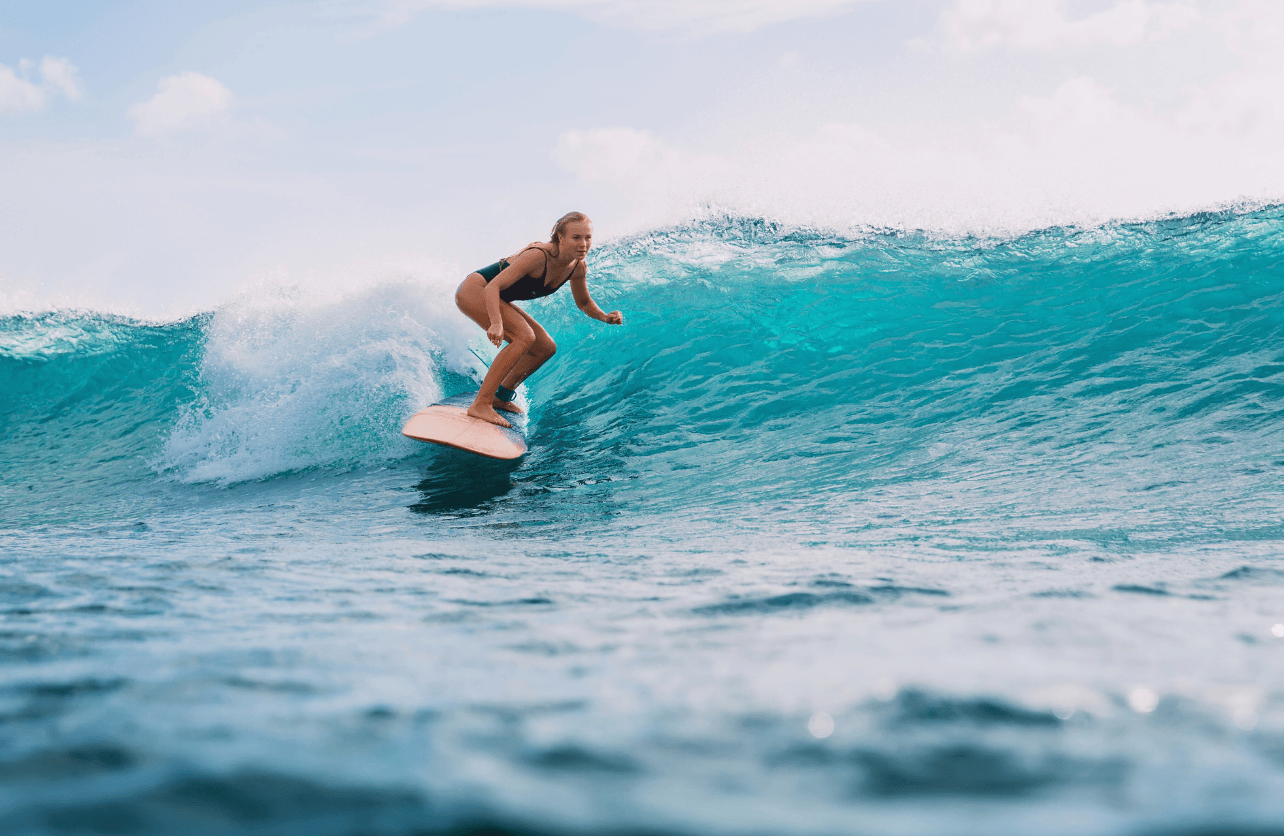
Surfing isn’t just a summer pastime. For the true enthusiasts, winter offers unique challenges and unparalleled rewards. Winter surfing demands resilience, specialized gear, and a different mindset, but the experience can be incredibly fulfilling. This guide explores the essentials of winter surfing, including preparation, safety tips, benefits, challenges, and the best locations to ride the cold season’s waves.
Why Surf in Winter?
Fewer Crowds
Winter surf spots often see fewer surfers, providing more space and less competition for waves. This solitude allows for uninterrupted sessions and a deeper connection with the ocean.
Unique Wave Conditions
Winter storms generate larger, more powerful waves that are perfect for experienced surfers seeking thrilling rides. The increased wave size and consistency during this season can lead to more dynamic and exciting surf sessions.
Enhanced Performance
Cold water can improve surf performance. The chill increases adrenaline levels, enhancing focus and energy. Additionally, colder conditions can make you feel more refreshed and invigorated after a surf session.
Wildlife Opportunities
Winter surfing often coincides with different marine wildlife activity. Surfers might encounter seals, whales, and diverse bird species, enriching the overall experience.
Preparing for Winter Surfing
Invest in Proper Gear
Wetsuit
A high-quality wetsuit is crucial for retaining body heat. Opt for thicker suits (5/4 mm or higher) made from neoprene with good insulation properties. Some surfers prefer a hooded wetsuit for added warmth.
Booties, Gloves, and Hoods
- Booties: Protect your feet from cold and provide better grip on slippery surfaces.
- Gloves: Keep your hands warm and enhance paddling efficiency.
- Hoods: Provide additional warmth and protect your head from the cold.
Surfboard Selection
Consider using a thicker surfboard with more volume to improve buoyancy and stability in colder, choppier waters. Some surfers opt for shortboards with thicker cores or hybrid boards that offer a balance between maneuverability and stability.
Physical Preparation
Winter surfing is physically demanding. Regular cardiovascular and strength training can enhance endurance and muscle strength, making your sessions more enjoyable and reducing the risk of injury.
Mental Preparation
Surfing in colder conditions requires a strong mental attitude. Embrace the chill and stay focused on the rewards of winter surfing, such as powerful waves and serene ocean environments.
Safety Tips for Winter Surfing
Check Weather and Surf Conditions
Always monitor weather forecasts and surf conditions before heading out. Winter storms can bring unpredictable and dangerous waves, making it essential to stay informed.
Surf with a Buddy
Winter conditions can be more hazardous. Surfing with a partner ensures that help is available in case of emergencies.
Warm-Up Properly
Cold muscles are more prone to injury. Perform a thorough warm-up to increase blood flow and flexibility before hitting the waves.
Stay Hydrated and Nourished
Even in cold weather, staying hydrated is vital. Drink plenty of fluids and consume energy-rich snacks to maintain stamina during long surf sessions.
Be Aware of Hypothermia Signs
Recognize the symptoms of hypothermia, including shivering, confusion, and fatigue. If you or your buddy exhibit these signs, exit the water immediately and seek warmth.
Benefits of Winter Surfing
Improved Skills
The challenging conditions of winter surfing can accelerate skill development. Navigating larger, more powerful waves enhances your technique, balance, and wave-reading abilities.
Increased Resilience
Winter surfing builds mental and physical resilience. Overcoming the discomfort of cold water fosters a stronger mindset and greater determination.
Unique Surfing Experiences
The serene beauty of winter beaches, combined with the raw power of winter waves, creates unforgettable surfing experiences that differ vastly from summer sessions.
Enhanced Connection with Nature
Winter surfing often means surfing in more pristine and less crowded environments. This fosters a deeper appreciation for nature and the ocean’s untamed beauty.
Challenges of Winter Surfing
Harsh Weather Conditions
Winter storms can create treacherous conditions, including strong winds, large waves, and heavy rain. Surfers must be prepared to face these elements and adjust their plans accordingly.
Cold Water Exposure
Extended exposure to cold water increases the risk of hypothermia and frostbite. Proper gear and quick exit strategies are essential for safety.
Limited Daylight
Shorter daylight hours can limit surf time and increase the likelihood of encountering dark, unfamiliar waters. Surfing during daylight ensures better visibility and safer conditions.
Increased Fatigue
Cold water demands more energy, leading to quicker fatigue. Surfers must pace themselves and ensure they have the stamina for extended sessions.
Best Winter Surfing Locations
1. California, USA
Venice Beach
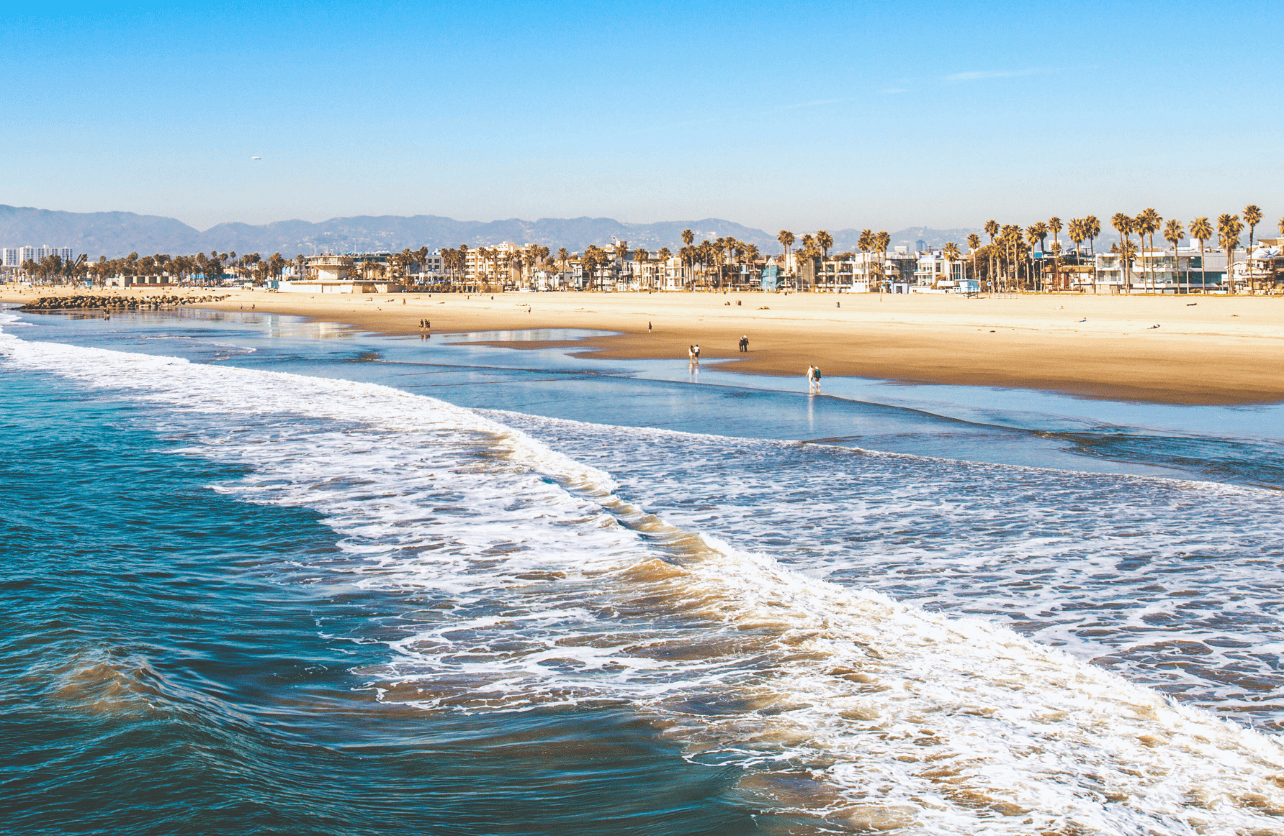
Known for its consistent winter swells, Venice Beach offers a variety of waves suitable for different skill levels.
Santa Cruz
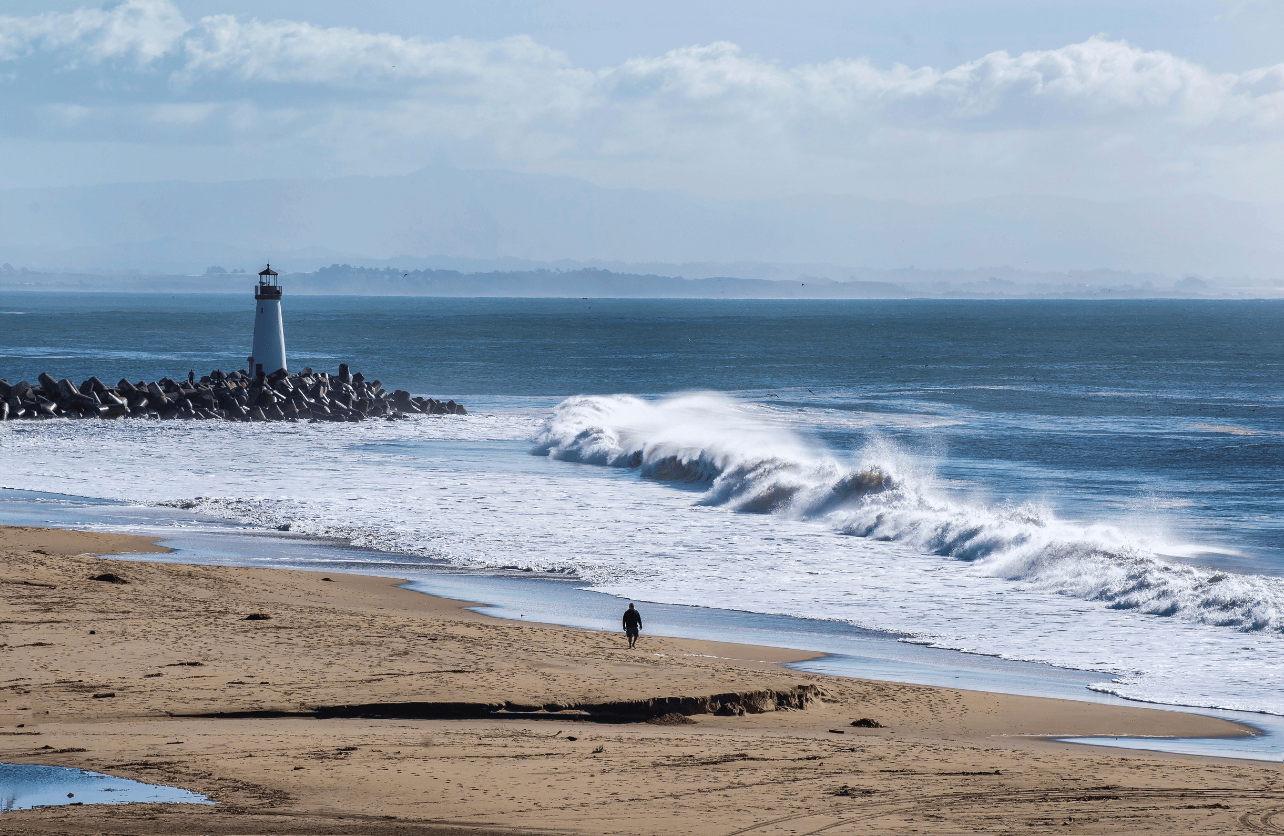
Santa Cruz’s winter months bring powerful waves that are ideal for experienced surfers seeking a challenge.
2. Portugal
Nazaré
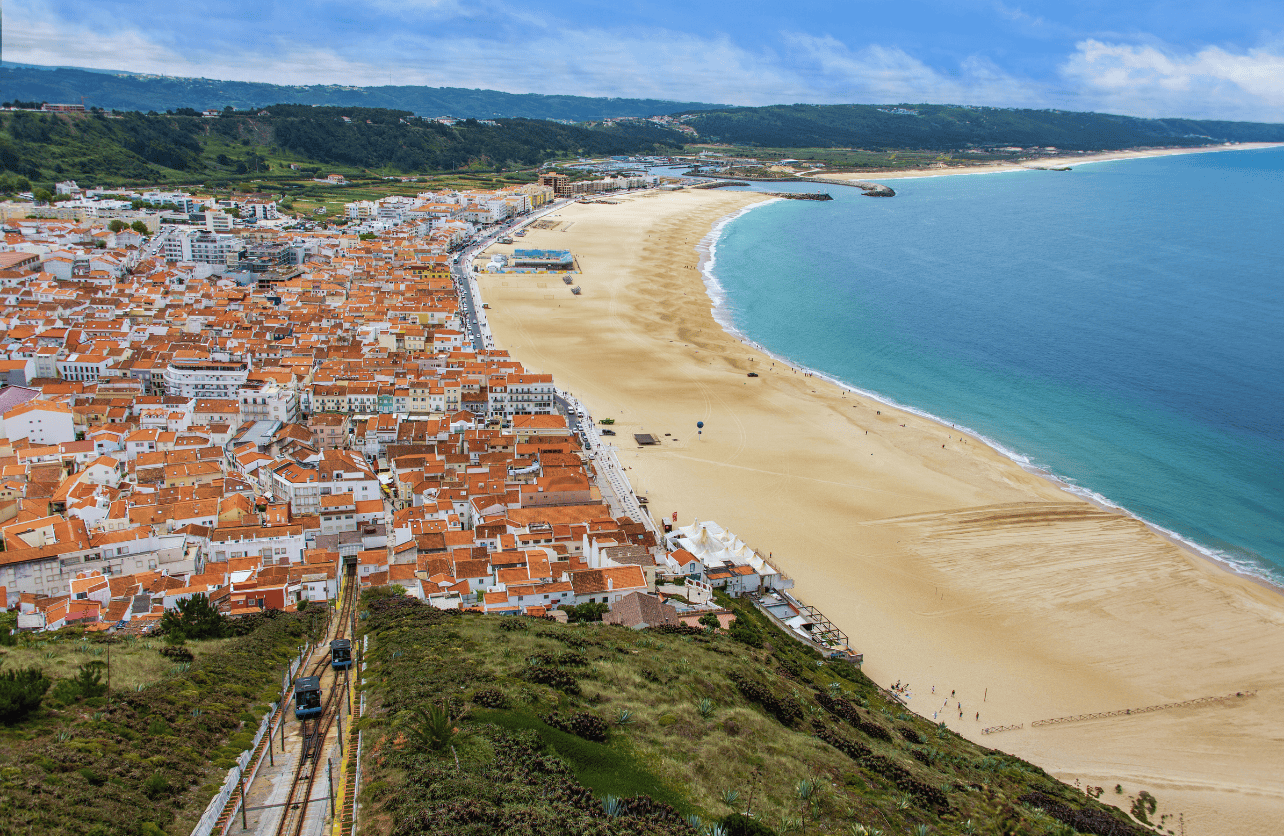
Famous for its gigantic waves, Nazaré attracts big wave surfers from around the world during winter.
Peniche
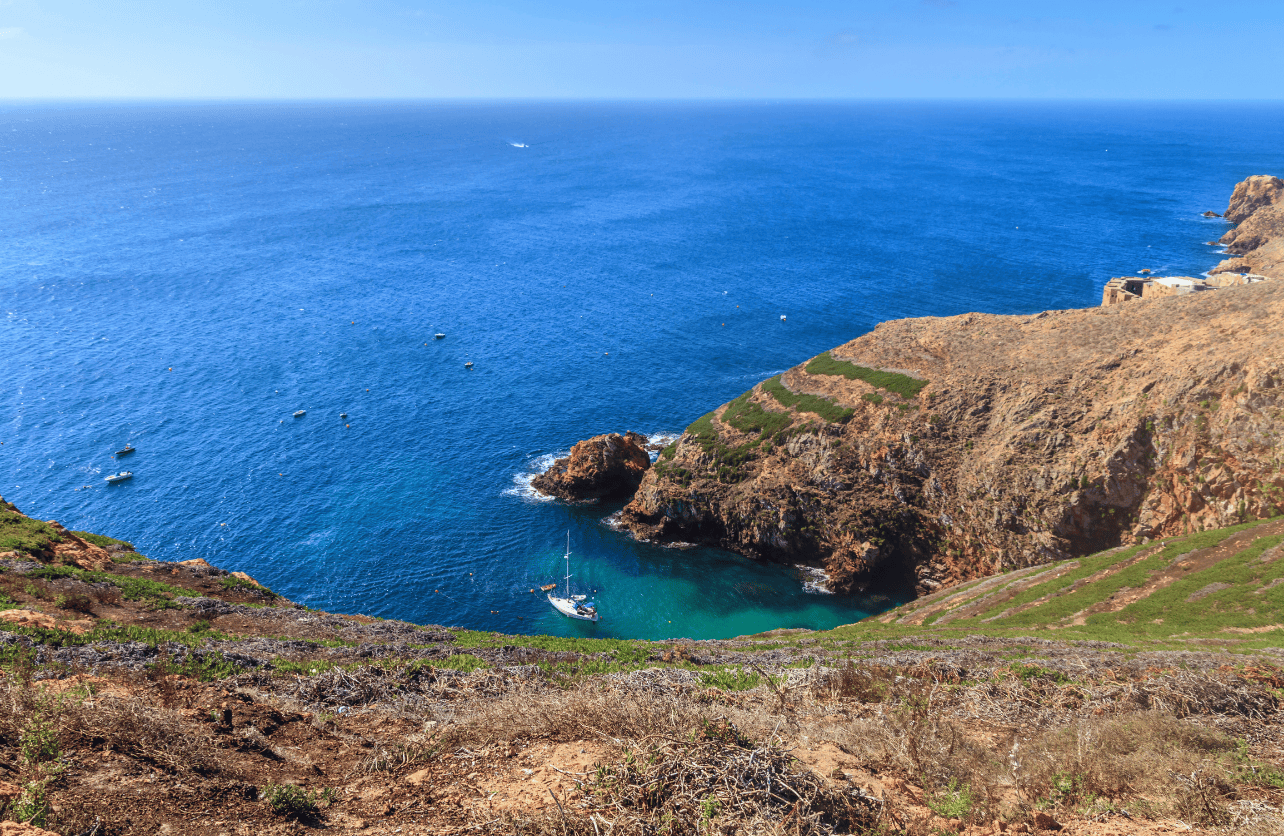
Peniche offers a range of winter surf spots, from reef breaks to beach breaks, catering to diverse surfing preferences.
3. Australia
Gold Coast
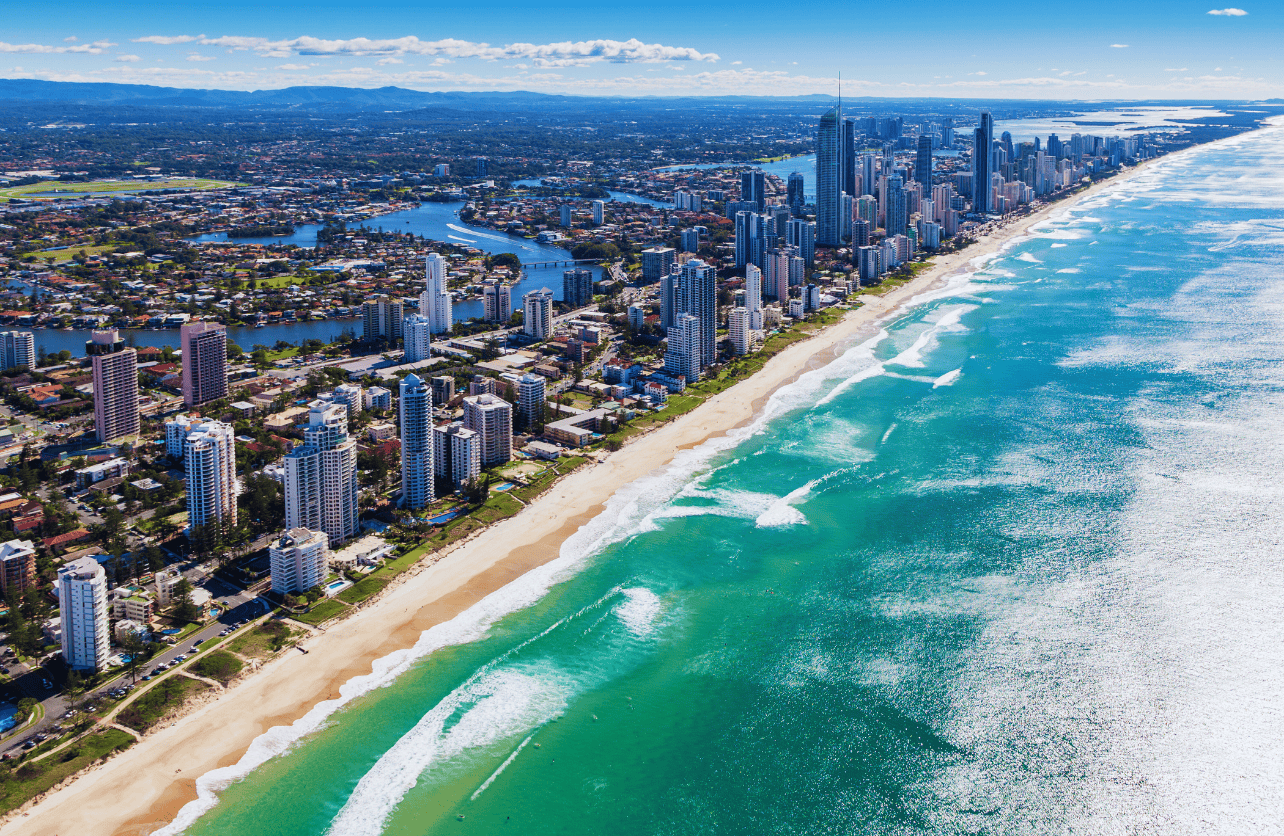
The Gold Coast experiences robust winter swells, providing excellent conditions for surfers of all levels.
Sydney
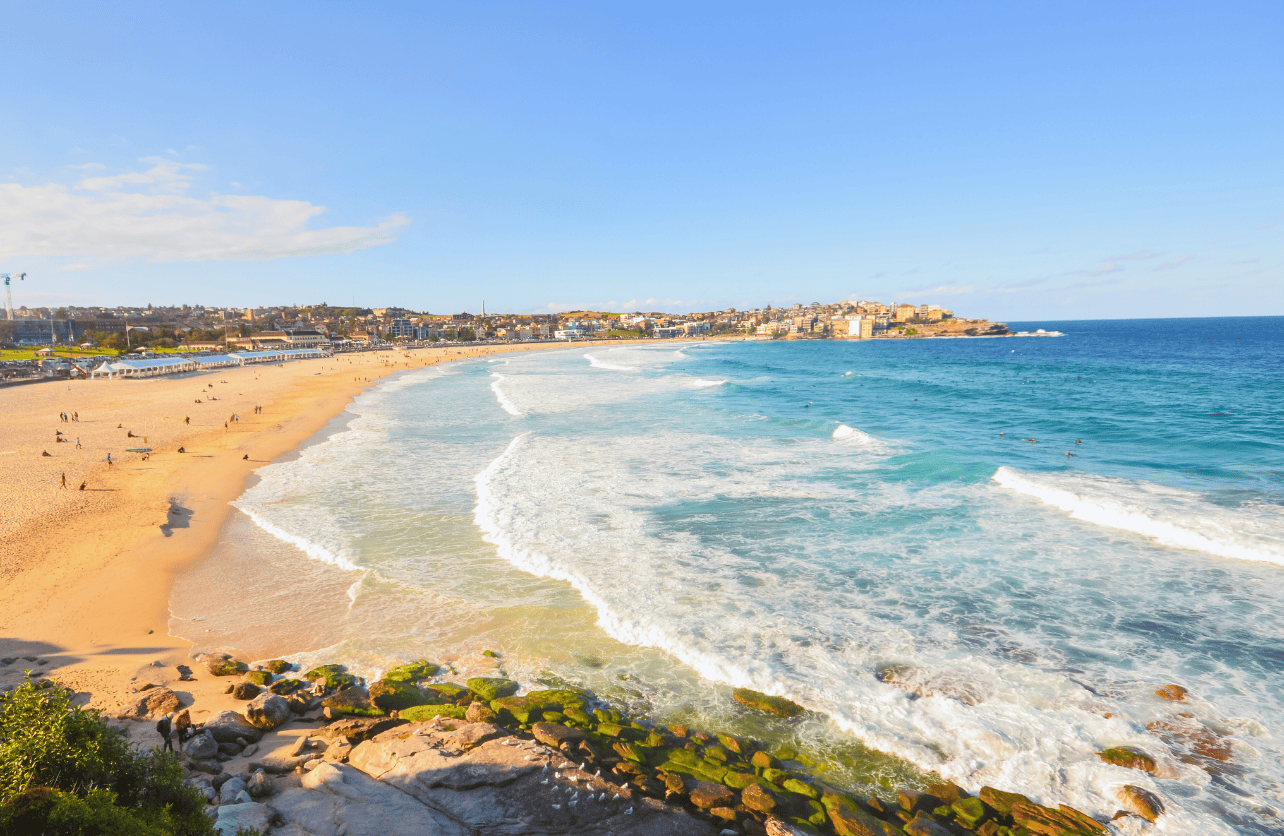
Sydney’s winter surf spots are renowned for their consistency and variety, making it a prime destination for winter surfers.
4. Japan
Chiba
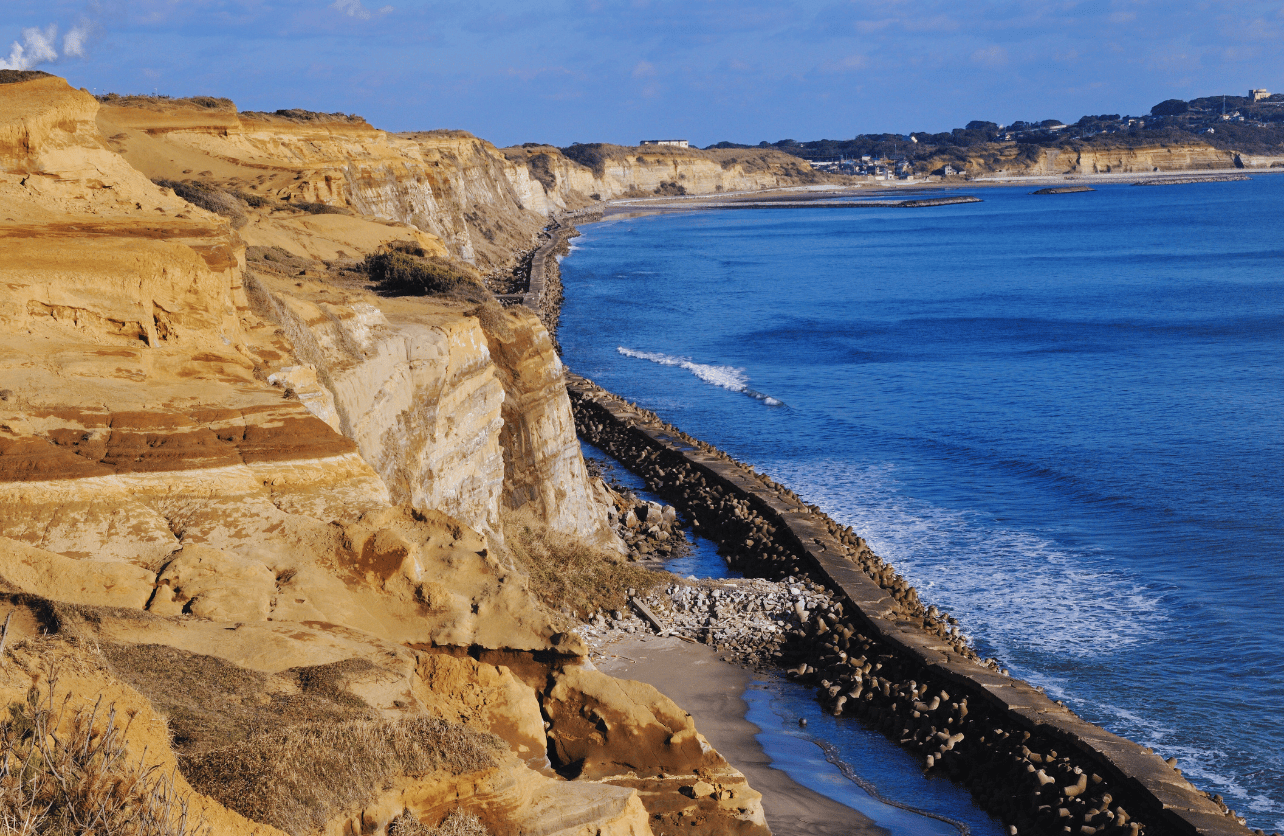
Chiba’s winter surf season is characterized by powerful Pacific swells, offering thrilling rides for seasoned surfers.
Shonan
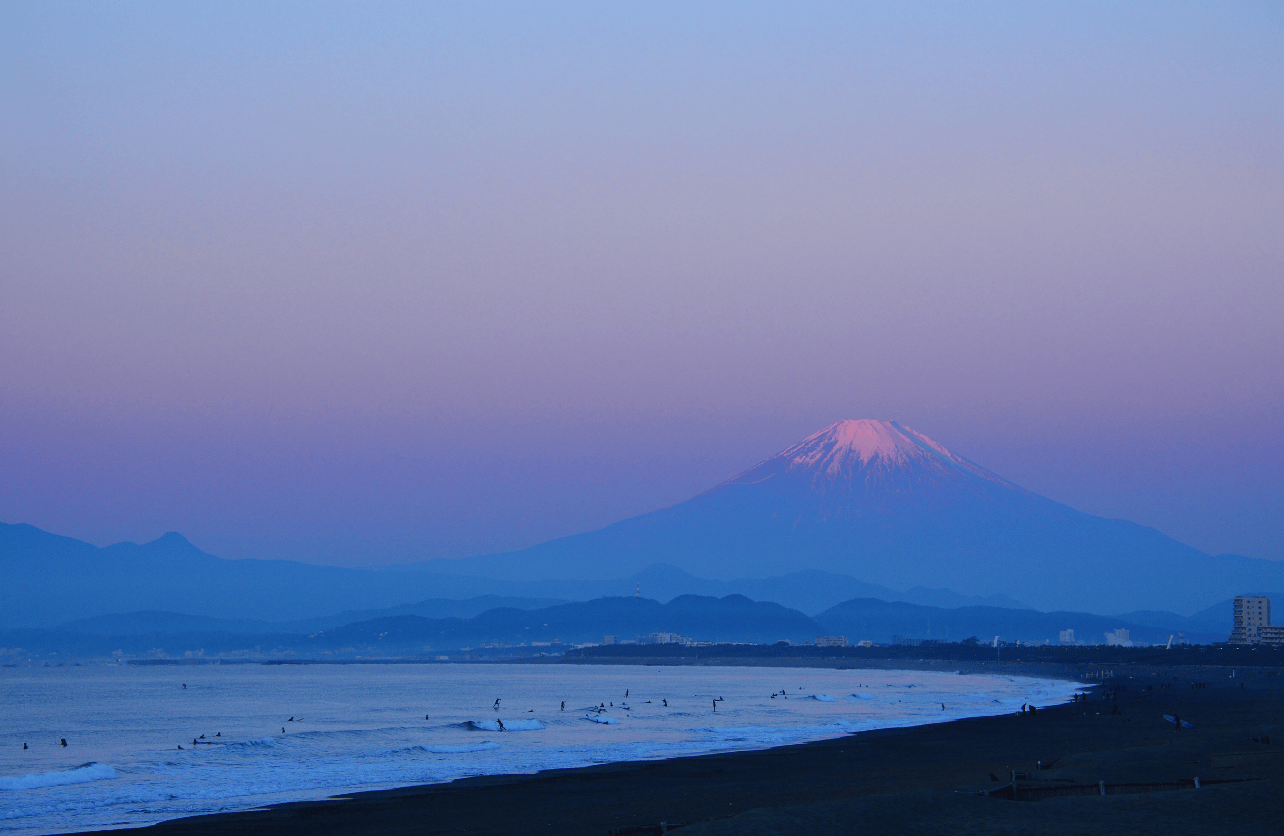
Shonan’s winter waves are perfect for those looking to hone their skills in consistent and manageable conditions.
5. South Africa
Jeffreys Bay
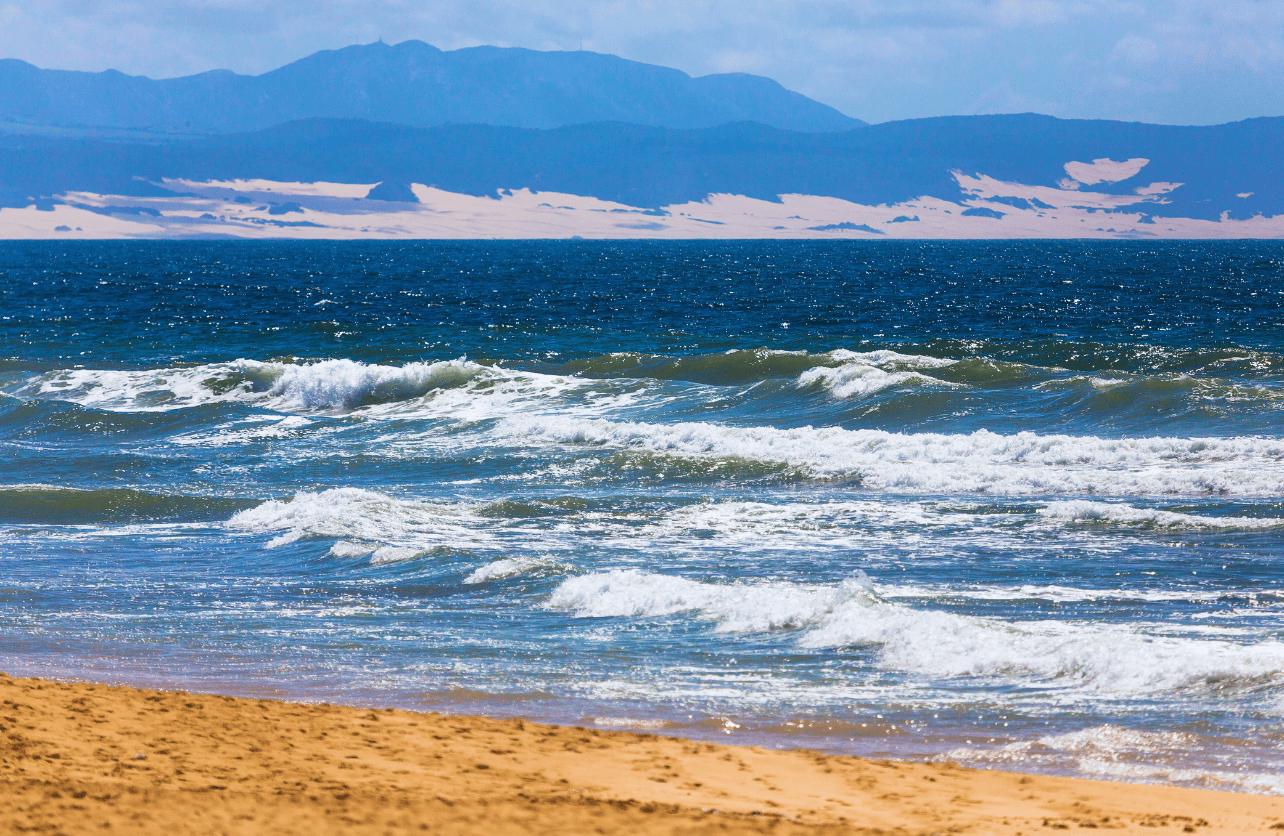
Jeffreys Bay is a world-class surf destination that maintains excellent wave quality throughout the winter months.
Durban
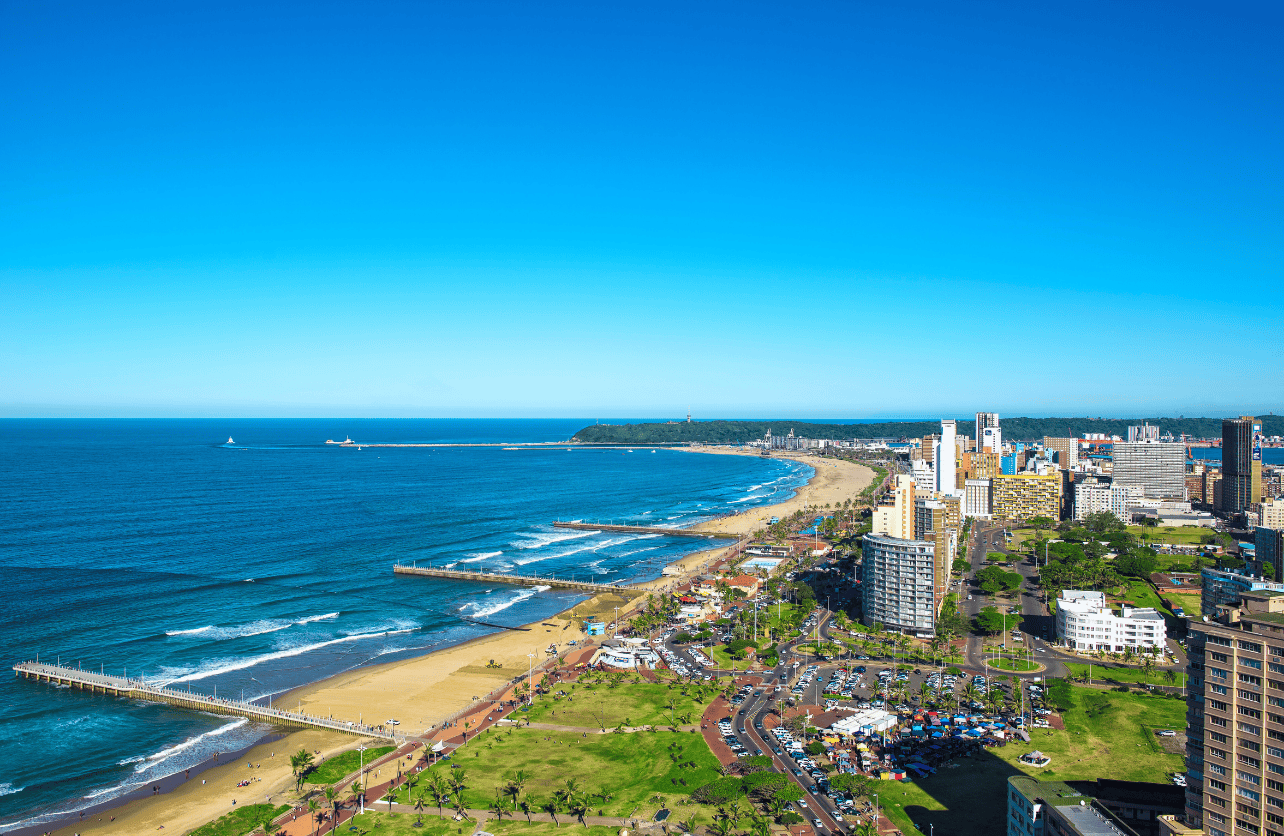
Durban’s warm climate and consistent winter swells make it an ideal location for winter surfing.
Training and Conditioning for Winter Surfing
Cardiovascular Training
Enhance your endurance with activities like running, cycling, or swimming. Improved cardiovascular health ensures you can paddle efficiently and sustain energy during long surf sessions.
Strength Training
Focus on building up your core, upper body, and leg strength. Exercises such as push-ups, pull-ups, squats, and planks can improve your paddling power and overall stability on the board.
Flexibility and Mobility
Incorporate stretching and yoga into your routine to increase flexibility and prevent injuries. Improved mobility aids in executing maneuvers and maintaining balance in challenging conditions.
Cold Water Acclimation
Gradually expose yourself to colder water temperatures to build tolerance. Start with short sessions and incrementally increase your time in the water to adapt to the chill.
Eco-Friendly Practices for Winter Surfers
Respect the Environment
Maintain the cleanliness of your surf spots by picking up trash and avoiding damage to marine ecosystems.
Sustainable Gear Choices
Opt for eco-friendly surfboards made from sustainable materials, such as recycled foam or bio-resins. Choose gear from brands committed to environmental responsibility.
Minimize Your Carbon Footprint
Reduce travel emissions by choosing local surf spots when possible and carpooling with fellow surfers.
Support Conservation Efforts
Participate in or donate to marine conservation initiatives that protect surf environments and promote sustainable practices.
Conclusion
Winter surfing offers a unique and exhilarating experience for those willing to embrace the cold and face the challenges of the season. With the right preparation, gear, and mindset, surfers can enjoy powerful waves, serene environments, and significant skill advancements. Whether you’re an experienced surfer seeking big wave thrills or a dedicated enthusiast looking to expand your surfing repertoire, winter presents opportunities to connect deeply with the ocean and elevate your surfing journey.
Pro Tip: Always prioritize safety by staying informed about weather conditions, using appropriate gear, and never surfing alone in harsh conditions. Embrace the winter chill, and let the powerful waves enhance your surfing prowess and appreciation for the sport.
FAQs
Is winter surfing suitable for beginners?
Winter surfing can be challenging for beginners due to colder water and more powerful waves. It’s recommended for surfers with some experience who are comfortable handling larger swells and wearing appropriate gear.
How can I prevent hypothermia while winter surfing?
Wear a properly fitting, insulated wetsuit, stay dry, limit your time in the water, and warm up immediately after surfing. Recognizing the signs of hypothermia and having a buddy to monitor each other’s condition can also enhance safety.
What are some good winter surf spots worldwide?
Popular winter surf spots include Nazaré in Portugal, Jeffreys Bay in South Africa, Santa Cruz in California, and Peniche in Portugal. These locations are renowned for their consistent and powerful winter waves.
Can I surf in winter if I have asthma?
Surfing can be beneficial for respiratory health, but cold air and intense physical activity may trigger asthma symptoms. Consult with your healthcare provider before embarking on winter surfing to ensure it’s safe for you and to discuss any necessary precautions.
Your Adventure, Our Experience
At TheCampingList, our dedication to authenticity and reliability stems from our own adventures in the great outdoors. Our team, comprised of seasoned experts in hiking, camping, climbing, cycling, fishing, and hunting, rigorously tests every product and shares insights drawn from real experiences. This hands-on approach ensures our reviews and guides meet the highest standards of durability, functionality, and comfort. Moreover, our platform thrives on the rich contributions and feedback from our vibrant community of enthusiasts. We pride ourselves on delivering unbiased, educational content that empowers and informs your outdoor pursuits. Trust in TheCampingList for genuine advice and support, where we're all about enriching your journey, every step of the way.